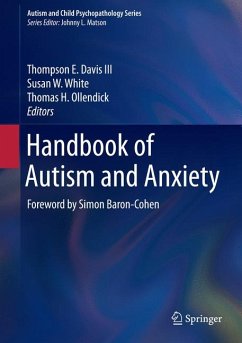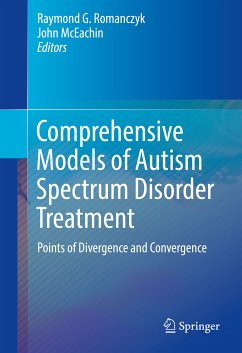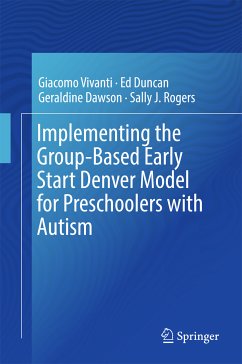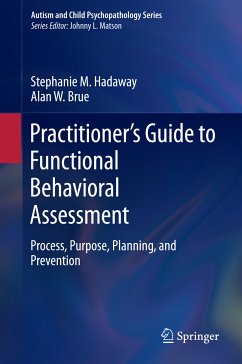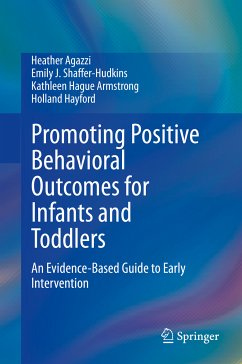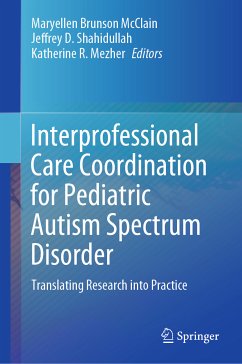
Handbook of Positive Psychology in Intellectual and Developmental Disabilities (eBook, PDF)
Translating Research into Practice
Redaktion: Shogren, Karrie A.; Singh, Nirbhay N.; Wehmeyer, Michael L.
Versandkostenfrei!
Sofort per Download lieferbar
352,95 €
inkl. MwSt.
Weitere Ausgaben:

PAYBACK Punkte
176 °P sammeln!
Examines strengths-based assessment and treatment for individuals with developmental and intellectual disabilities
Describes enhanced services and support systems for individuals with DDs and IDs and their families
Explores effects of positive psychology on interventions across such fields as mental health, education, and medicine
Details how much person's unique capabilities can be harnesses to enhance quality of life
Dieser Download kann aus rechtlichen Gründen nur mit Rechnungsadresse in A, B, BG, CY, CZ, D, DK, EW, E, FIN, F, GR, HR, H, IRL, I, LT, L, LR, M, NL, PL, P, R, S, SLO, SK ausgeliefert werden.



